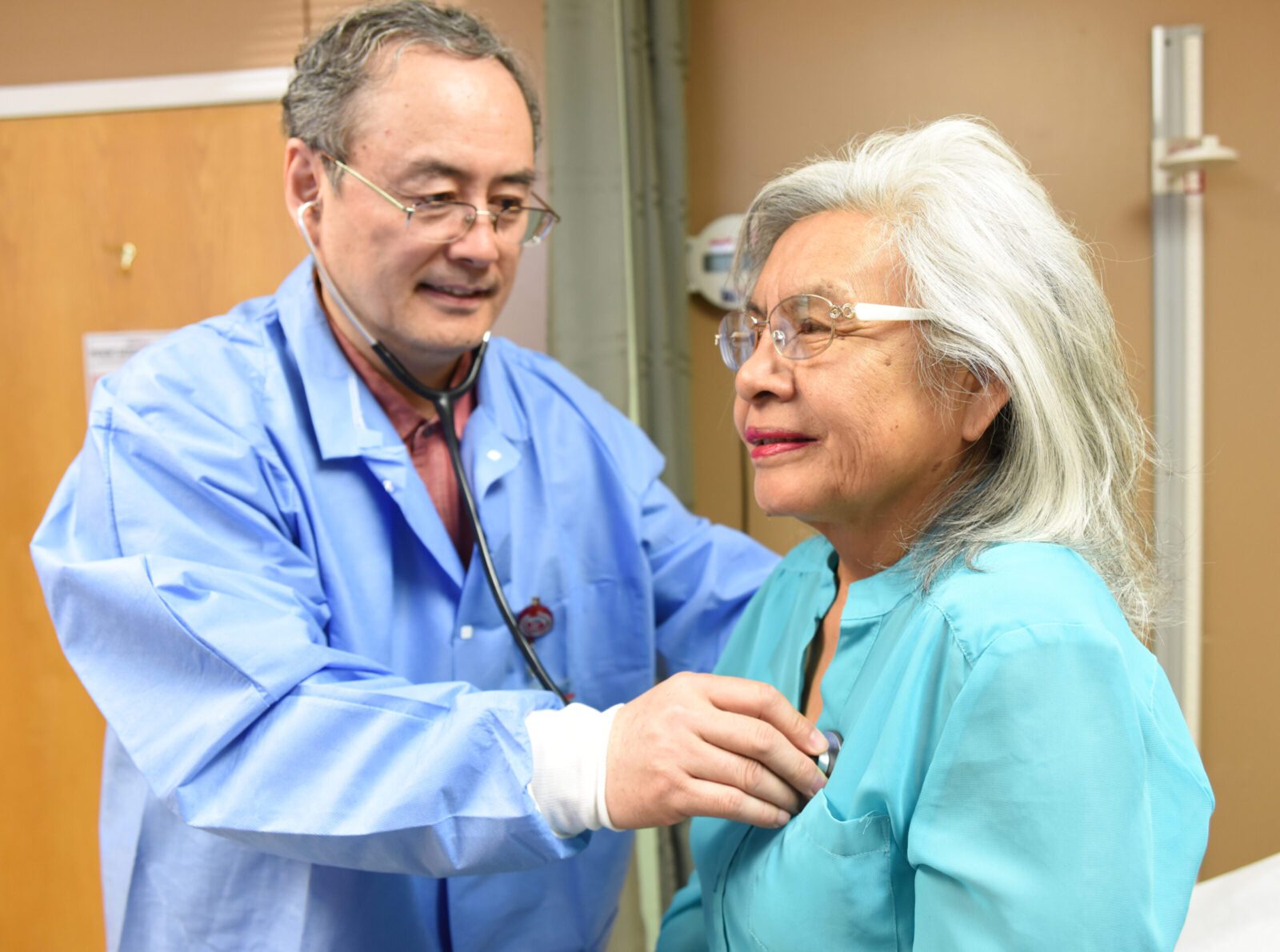By: Monica McKee and CDR Daniel Molina, M.D.
Oklahoma City Indian Clinic (OKCIC) serves as the medical home for thousands of Native American patients seeking the highest level of quality health care in a setting that recognizes the importance of Native culture. As we get older, our elder population tends to experience an increased need for high level quality care and preventive health care services.
Medicare is a benefit that expands some of the resources that are available to help provide health care for individuals who are 65 or older. In some cases, such as the final stages of kidney failure and certain disabilities, individuals younger than age 65 may also qualify for Medicare.
Welcome to Medicare
“Welcome to Medicare” is a new program at OKCIC that helps patients who are newly eligible for Medicare learn more about the resources and benefits that come with being a Medicare beneficiary.
If you are soon to be turning 65, OKCIC will be reaching out to you about our “Welcome to Medicare” program to further bring you quality health care and to continue being your medical home.

What should I expect at a Welcome to Medicare Visit?
As your medical home, OKCIC will provide you with a “Welcome to Medicare” physical exam performed by one of our dedicated clinic physicians who specializes in elder care. This will be a one-time, preventive physical exam Medicare covers within the first 12 months that you have Medicare. The visit will include a thorough review of your health, along with education and counseling about the preventive services you need, like certain screenings, shots and referrals for other care.
This visit is also a great way to get up-to-date on important screenings and shots as well as to talk with your provider about your family history and how to stay healthy.
During your Welcome to Medicare Visit
Your provider will record your medical history and check your vision, blood pressure, and weight and height to measure your body mass index. Body mass index is a measure of body fat that applies to both adult men and women.
Your provider will check that you are up-to-date with preventive screenings and services, such as cancer screenings and immunizations. Further tests may be ordered, if necessary, depending on your general health and medical history. Your provider will also give you advice to help you prevent disease, improve your health, and stay well. You will get a written plan (such as a checklist) when you leave, letting you know which screenings and other preventive services you should get in the future.
Your provider will also speak with you about creating advance directives. Advance directives are legal documents that explain in writing what kind of health care you would want if you were too ill to speak and/or make decisions for yourself. Talking to your family, friends, and health care providers about your wishes is important, but these legal documents help ensure your wishes are followed.
